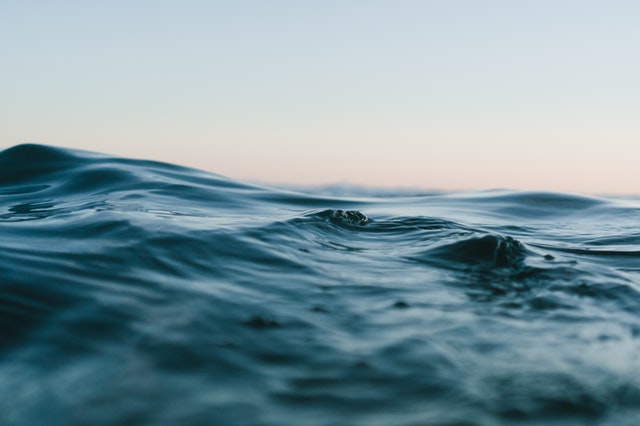Executive Summary
As you are looking for story ideas on water and sanitation issues remember: No challenge or solution is simply wrong or right or ever fully definitive. There are a lot of different factors at play – ranging from environmental over political to socio-cultural factors - and there is still much to be discovered and understood in relation to policies, infrastructure, roles and responsibilities for the management of water-related services. This provides a wide range of areas where journalists can get inspiration for inspiring story ideas. Here we provide you with an overview of where you can find ideas for relevant water and sanitation stories.
Introduction
A lot of water-related story ideas arise from current events – for example, a vote about a new water bill in a reform process, investigations on corruption around infrastructure projects, pollution related accidents, disasters like floods or droughts, etc. Journalists will research those events and present them to the public in an informative, focused, and appropriate way.
At the same time, a journalist might report on topics other than current events. And it is part of the journalist’s job to come up with fresh story ideas and new angles on topics that may not currently be in the public eye.
Where to find ideas for a story
As always, there are different sources from which story ideas can arise. To find the right water stories journalists should:
Keep up-to-date with what’s going on around him or her, in social, political, and cultural arenas, and analyze and ask questions about what’s going on with regards to water, sanitation and waste management or in relation to agriculture and irrigation.
Keep a diary of official dates – a council meeting, for example, water related conferences or coordination meetings / joint sector reviews – and be aware of what happens on those dates even if this is not the topic of their current work.
Cultivate contacts from different constituencies who can provide information. These may include contacts at different ministries that are linked to water and sanitation issues, NGOs, donors, renown experts from different sub-sectors, etc. Keep the names and contact details of individuals who might be helpful in current and future research. This is known as keeping a “contacts book.”
Pay attention to environmental reports in all kinds of other media – often there’s a story waiting to be told or unanswered questions in other reports that the journalist could work on further.
Be open to other people in their own personal lives and communities. Listen to what people are feeling, thinking, saying, arguing about; what moves them, what they’re planning. There may be a story in it, and it’s also a good way of getting an idea of public sentiment and priority areas of concern, which you may be able to link to water and sanitation topics.
Be curious. If a journalist has questions about certain topics or wants to know more about something, he or she should follow up. There could be a story in it.
Checklist
- In reports in every kind of media.
- In press releases and on the websites of public institutions, water and sanitation organisations, donors investing in water projects and water related networks .
- At press conferences.
- At sector conferences or other meetings.
- Through my contacts book.
- Online or on blogs.
- In my own daily life.
Shortcuts to Journalism: The Basics of Print, Online and Broadcast Reporting
When basic questions about journalism come up, this handbook, written and produced by Media in Cooperation and Transition (MICT), provides clear, brief and precise answers. Shortcuts to Journalism isn’t just for journalists – it’s also helpful for non-journalists. Download the English version here or the Arabic version here.
Schmidt, E., Tirok, M. and Bösch, M. (2016): Shortcuts to Journalism: The Basics of Print, Online and Broadcast Reporting. Berlin, Germany: Media in Cooperation and Transition gGmbH PDFLiving Journalism: Principles & Practices for an essential Profession
BBC Academy: Original Journalism: Finding Stories
Original journalism can conflict with the demands of daily news output. BBC Belfast journalists show you how to spot stories in the most unlikely places.
http://www.bbc.co.uk/academy/journalism/article/art20130702112133498 [Accessed: 14.02.2018]Original journalism can conflict with the demands of daily news output. BBC Belfast journalists show you how to spot stories in the most unlikely places.
Earth Journalism Network: Sources of Stories
This online article gives practical advise for journalists on how to find adequate sources of stories, for example through press releases and conferences.
Investigative Journalism Manual
This interactive website equips journalists with core investigative reporting skills and supports watchdog journalism in difficult environments. It is also a hands-on training tool, allowing readers to test their knowledge with quizzes at the end of each chapter.


